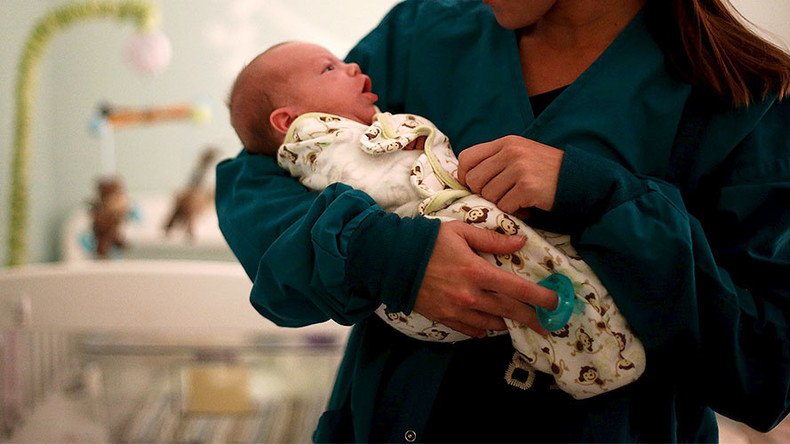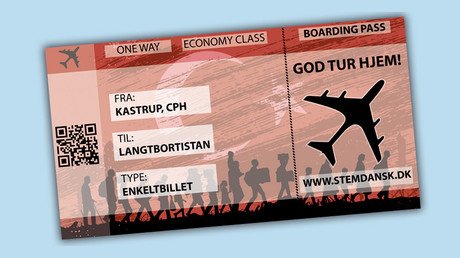Almost 20% of Danish newborns in 2016 have foreign mother, govt reveals

Nearly one in five babies born in Denmark in 2016 has a non-Danish mother, leading to major economic and cultural consequences, experts said after government statistics were reported by local media.
Out of 61,614 children born in Denmark last year, over 20 percent have a mother who is either an immigrant or a descendant of immigrants.
In particular, 21.6 percent were born to either immigrants or descendants of immigrants, while a total of 18.5 percent of all babies were born to foreign mothers.
The biggest factor in the figures provided by the government’s Statistics Denmark organization was the Syrian immigrant influx, Danish newspaper Kristeligt Dagblad reported. After Danish mothers of newborns in 2016, Syrians are next on the list, followed by mothers from Turkey.
In 2007, the numbers were much lower, the outlet reported, and stood at 13.5 percent.
Such developments will re-shape Danish society in several ways, population researcher and professor Poul Christian Matthiessen told Kristeligt Dagblad.
He still expects that immigration to Europe, including Denmark, and refugees from non-Western countries could present a challenge for society.
“The economic burden for society from non-Western immigrants and their descendants adds up to 15-20 billion kroner (US$2.2-2.9 billion) a year. That is the equivalent of 1 percent of GNP,” Matthiessen told the newspaper.
Matthiesen said that society was experiencing this due to the “difference between what [immigrants] contribute to society and what they receive in the form of grants and education.”
In 2016, Denmark registered over 6,000 asylum requests, while considering over 12,000, a number which included earlier applications.













